Economy
Recession worries, trade wars leave markets in turmoil
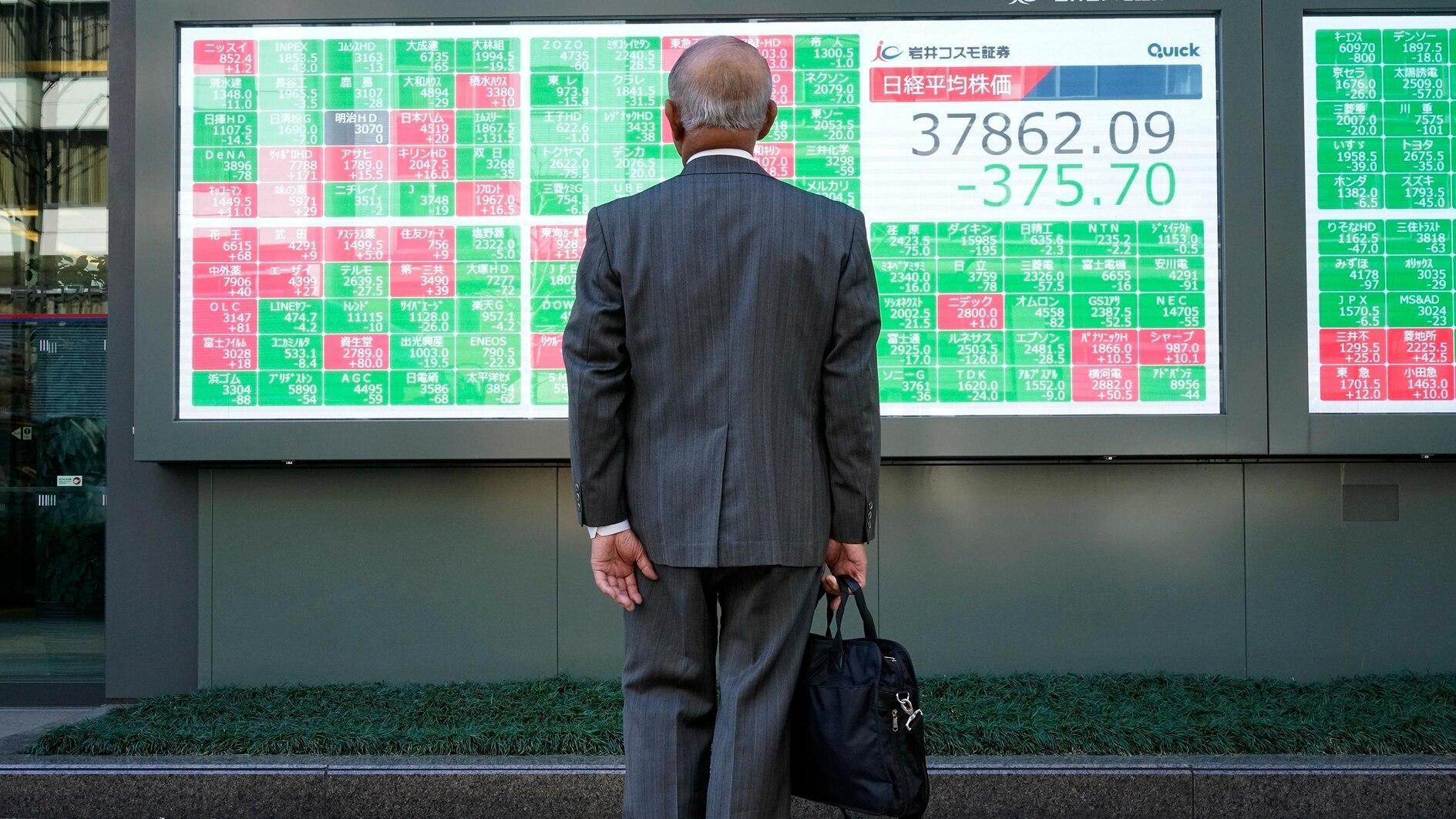
A person looks at an electronic stock board showing Japan’s Nikkei index at a securities firm Wednesday, Feb. 26, 2025, in Tokyo.
Asian benchmarks dove on Tuesday, as worries grew about the ripple effects from President Donald Trump’s tariffs on regional economies and companies.
class=”cf”>
Traders had initially welcomed his election on optimism that his promised tax cuts and deregulation would boost the world’s top economy and help equities push to more record highs.
But there is now a growing pessimism that a recession could be on the cards amid warnings that tariffs imposed on key trade partners will reignite inflation and force the Federal Reserve to hike interest rates again.
The president’s weekend comments that the economy was facing “a period of transition” and his refusal to rule out a downturn did little to soothe investor worries.
A new wave of tariffs due this week will see steep levies of 25 percent on steel and aluminum imports.
Uncertainty over Trump’s tariffs and threats have left U.S. financial markets in turmoil and consumers unsure of what the year might bring.
Tokyo was among the main losers.
class=”cf”>
Hong Kong and Shanghai extended March 10’s selling. Sydney, Singapore, Seoul, Taipei, Wellington and Manila were also deep in negative territory.
“Economic uncertainty and recession fears have intensified, partly driven by Trump’s weekend comments about the economy being in “a period of transition” and his reluctance to rule out a recession,” said Shaun Murison, senior market analyst at IG online trading platform.
“This uncertainty has heightened investor anxiety. Trump’s trade policies, including ongoing tariff discussions are creating uncertainty and fears of economic slowdown,” he said.
“These tariffs could potentially elevate prices and complicate efforts to reduce interest rates,” Murison added.
Economy
Sweden to hold talks on countering soaring food costs
STOCKHOLM
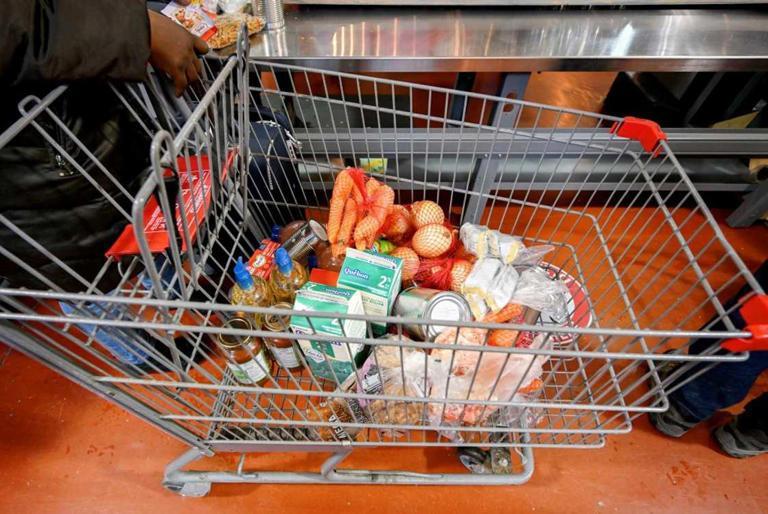
Sweden’s government said it will hold talks with food producers and distributers as a consumer movement over soaring costs in the Nordic country gains traction.
class=”cf”>
Annual food price inflation in Sweden hit its highest rate in two years in February at 3.9 percent.
Meanwhile, the independent watchdog site Matpriskollen (The Food Price Checker) found in January that prices in Swedish grocery stores had risen by 19.1 percent over two years.
“In view of the rapid price developments in the first months of the year and the rising prices in recent years, the Minister of Finance and Rural Affairs Minister will invite selected actors from the food supply chain for talks,” the government said in a statement.
The aim of the talks is to “listen to the industry’s assessment of the situation and work together to lower prices for customers,” it added.
The move comes as a viral online campaign calling for a boycott of major grocery stores next week has picked up speed.
One of the campaigners, Annika Morina, told newspaper Aftonbladet that she reached her breaking point buying tomato puree on Valentine’s Day.
class=”cf”>
“It had gone up 50 percent. I’ve seen these kinds of boycotts in countries in the Balkans and felt: ‘Why don’t things like that happen in Sweden?’,” she said.
She posted a video to TikTok calling for the boycott which has received tens of thousands of views and according to Aftonbladet thousands are expected to join the boycott.
Consumers in Croatia frustrated by soaring prices massively joined two boycott calls in January, sending daily sales down by over 40 percent.
Economy
UK boosts export financing for defense firms by $2.6 billion
LONDON

Britain’s Chancellor of the Exchequer Rachel Reeves (C) meets with defence suppliers at RAF Northolt on March 6, 2025 in Ruislip, west of London. Reeves met with UK defence suppliers to Ukraine.
The British government said on March 14 that it would increase its export credit facilities for weapons manufacturers by two billion pounds ($2.6 billion) to boost overseas sales.
class=”cf”>
The new funds “will see billions of pounds unlocked for U.K. defence companies that export overseas, driving economic growth and creating jobs across the U.K.,” it said in a statement.
Already the U.K. Export Finance agency has a lending capacity of eight billion pounds specifically for government clients of defence contractors, bringing the new total to 10 billion pounds.
Like other countries across Europe, Britain is racing to beef up its military production capabilities in the face of an expansionist Russia, pressure on European members of NATO to spend more on defence, and questions over President Donald Trump’s commitment to U.S. protection of Europe.
British Prime Minister Keir Starmer pledged ahead of a White House visit in February to boost defence spending to 2.5 percent of the economy by 2027, with the aim of hiking it to 3.0 percent in the next parliament.
“The world is changing, and we must bring about a new era of security and renewal that protects working people and keeps our country safe,” Chancellor of the Exchequer Rachel Reeves said in the statement.
Economy
Growth in services production index accelerated in January
ANKARA
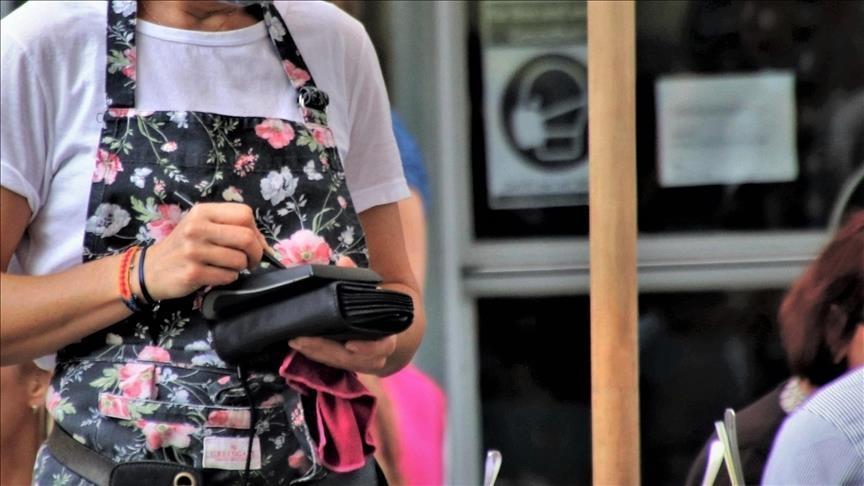
The services production index increased by 6 percent on an annual basis in January, gathering pace from the previous month’s 2.6 percent rise, data from the Turkish Statistical Institute (TÜİK) showed on March 14.
class=”cf”>
The monthly increase in the index also quickened from 1.3 percent in December to 2.5 percent in January.
The index for transportation and storage services increased by 3.2 percent year-on-year but declined by 0.5 percent month-on-month.
Accommodation and food services rose 9.6 percent from a year ago and 0.5 percent compared to the previous month, the statistics authority said.
The annual and monthly increases in the index for information and communication services were 9.9 percent and 6.4 percent, respectively.
Real estate services rose 8.9 percent year-on-year, according to TÜİK data.
The prevalent price-setting behavior in the services sector leads to significant inertia and causes the impact of shocks on inflation to extend over a long time period, the Central Bank said in the summary of the March 6 Monetary Policy Committee meeting released on March 13.
Services inflation remains higher than goods inflation, it said, adding that having slowed down in the final quarter of 2024, services inflation increased in January due to the effects of items with time-dependent pricing.
-
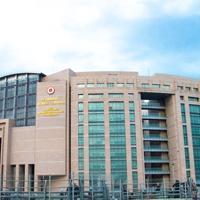
 Daily Agenda2 months ago
Daily Agenda2 months ago5 suspects nabbed for sharing information with Iranian intel
-

 Politics2 months ago
Politics2 months agoSoutheastern city enforces fines to tackle student absenteeism
-

 Lifestyle2 months ago
Lifestyle2 months agoTürkiye’s Embassy in Doha hosts iftar for alumni to foster connections
-

 Refugees2 months ago
Refugees2 months agoInternational Women’s Day: global protests demand equal rights
-

 Daily Agenda2 months ago
Daily Agenda2 months agoTrump hangi ülkelere yasak getirdi.
-
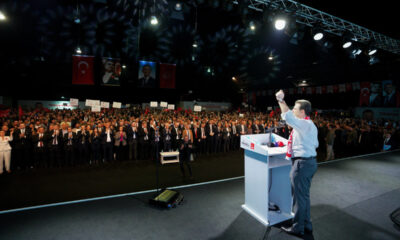
 Politics2 months ago
Politics2 months agoImpressions from İmamoğlu’s Antalya rally
-

 Politics2 months ago
Politics2 months agoIstanbul ‘may break 110-year temperature record for March’
-

 Sports2 months ago
Sports2 months agoPaulista 19 maç sonra geri döndü, maç sonrası isyan etti

